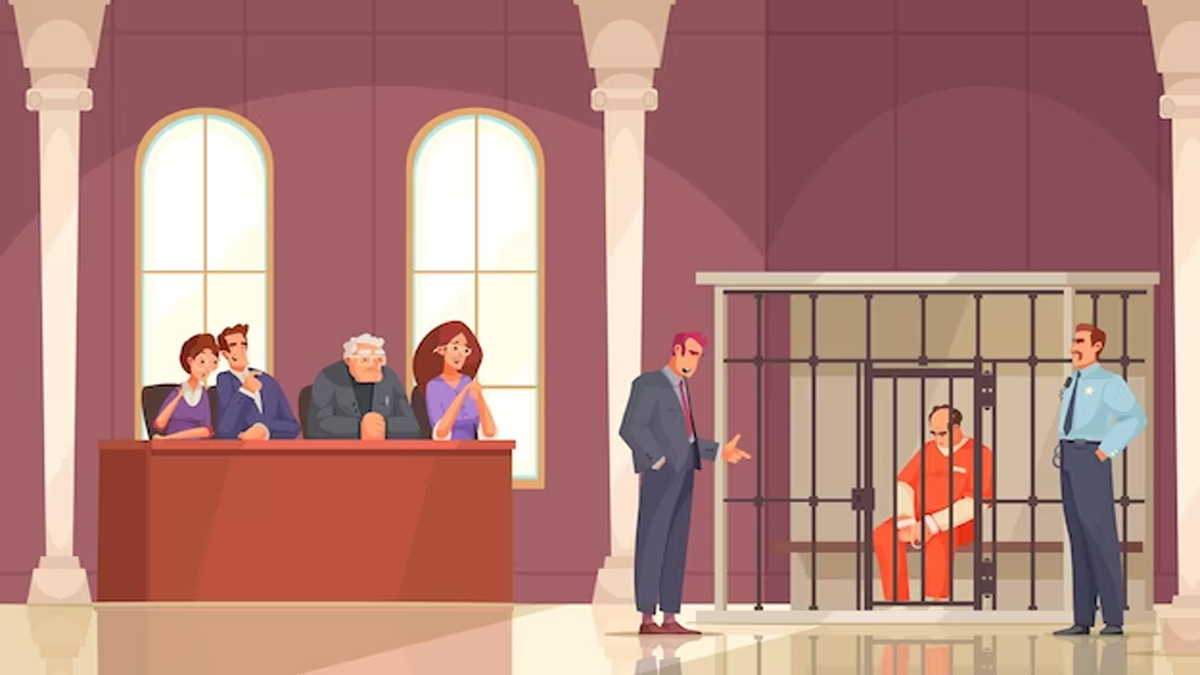The case revolves around a mosque called the Babri Masjid and a plot of land believed by Hindus to be the birthplace of Lord Ram, a significant figure in Hinduism.
Here is a brief overview of the key events in the Babri Masjid Ayodhya case:
- Historical Background:
- The Babri Masjid, an Islamic mosque, was built in Ayodhya in the 16th century during the rule of the Mughal emperor Babur.
- Hindus believe that the mosque was constructed on the site of a Hindu temple marking the birthplace of Lord Ram.
- Dispute Begins:
- Disputes and conflicts over the site date back several centuries, but the modern legal dispute began in the 19th century during British colonial rule.
- Babri Masjid Demolition (1992):
- On December 6, 1992, a large mob of Hindu nationalists (kar sevaks) demolished the Babri Masjid, leading to widespread communal violence across India.
- This act of demolition led to a deepening of religious tensions and the beginning of legal battles over the land.
- Legal Proceedings:
- After the demolition, multiple court cases were filed regarding the ownership and title of the disputed site.
- The main legal case was filed in the Allahabad High Court, where multiple parties claimed ownership of the site, including the Sunni Waqf Board (which represented Muslims) and various Hindu organizations.
- Allahabad High Court Verdict (2010):
- In September 2010, the Allahabad High Court delivered a verdict that divided the disputed site into three equal parts. One-third went to the Sunni Waqf Board, one-third to the Nirmohi Akhara, a Hindu religious group, and one-third to the party representing Ram Lalla Virajman (the infant Lord Ram).
- Supreme Court Intervention (2019):
- Dissatisfied with the Allahabad High Court verdict, all parties involved appealed to the Supreme Court of India.
- The Supreme Court formed a special bench to hear the case and, in November 2019, issued a unanimous judgment.
- Supreme Court Verdict (2019):
- The Supreme Court ruled in favor of the Hindu parties, granting them control of the disputed site.
- The court also directed the government to allocate five acres of land to the Sunni Waqf Board for the construction of a mosque at an alternative location.
The Babri Masjid Ayodhya case has been a significant and polarizing issue in India, with implications for religious and communal relations. The Supreme Court’s decision in 2019 marked a major legal and political development, settling the long-standing dispute over the site’s ownership and paving the way for the construction of a Hindu temple on the former mosque site in Ayodhya.
